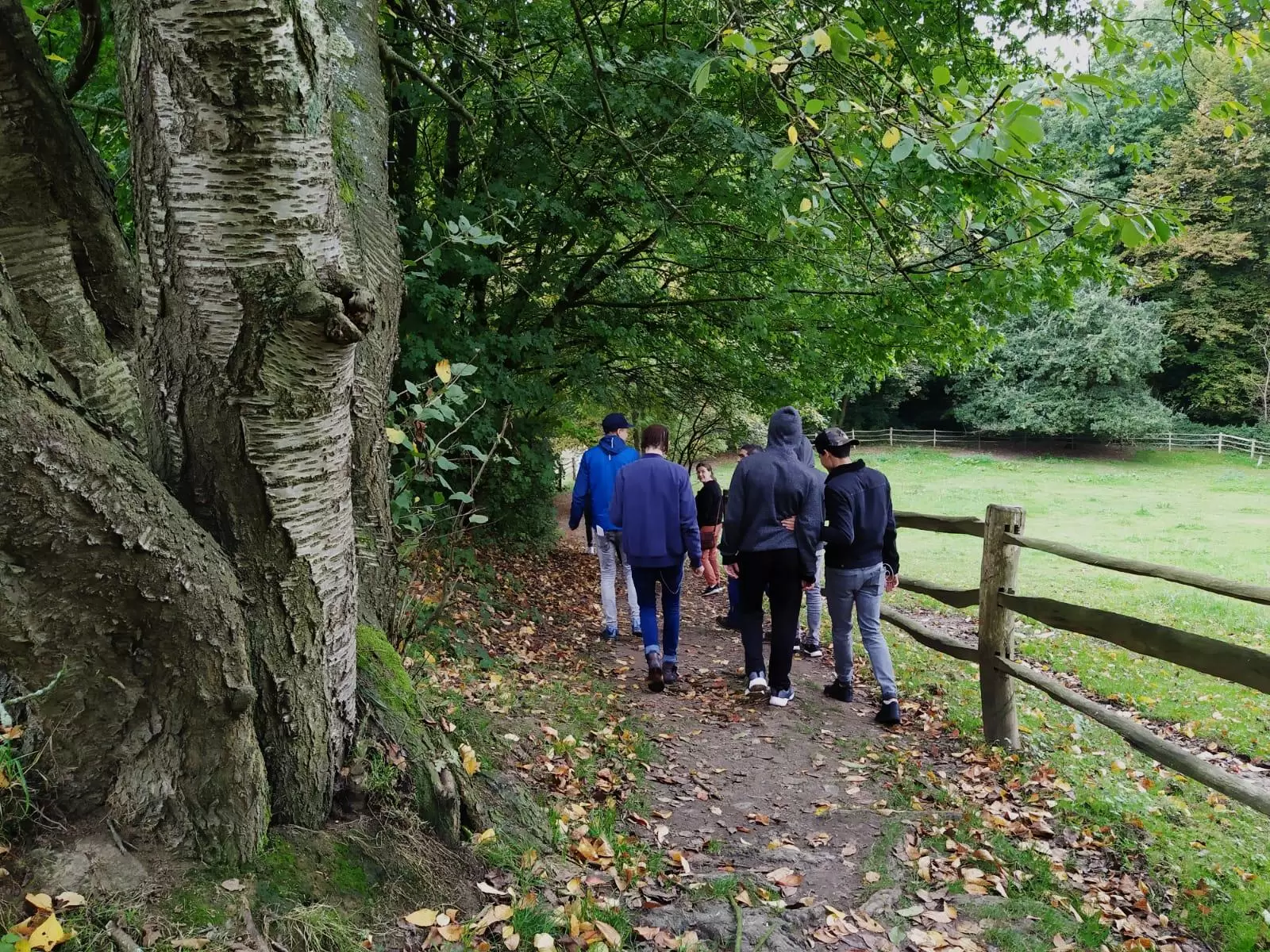As the year comes to a close we reflect on our what we’ve learned from our work in the centres for the accommodation of unaccompanied young migrants. Just in the last 3 months we have worked to improve the mental and social health of 131 young people, with the help of 24 local volunteers and 4 local partners.
While creating this connection between the youth and the wider community is a step forward the youth’s psychosocial well-being, much of what these young people face takes their mental health a step back.
We continue to be particularly concerned about the following:
- + the youth are primarily from countries that are less likely to be recognised as refugees (per recognition statistics from CGRS), yet there is a lack of a support mechanism for those who are denied and furthermore for those that turn 18 and are denied, giving them few options for finding a secure home for their future; and
- + the heightened level of scrutiny on the age and asylum claims of young people has been proven to put additional phycological pressure on them, leading to prolonged insecurity in their lives.
These issues put the youth in an even more precarious position than they already are, merely by being young people searching for security on their own.
While it’s gravely concerning that the most recent reports show that 427 minors left FEDASIL centres before applying for asylum or during their process, it is evident that these stringent legal qualifications and pressure put on these young people may have an impact.
In order to address these concerns, in 2020 we will continue to work towards the following:
- + monitoring application of the law as it is intended in a manner that respects young people’s right to ask for international protection, regardless of their age or nationality;
- + advocating for the amelioration of the procedure by which their claim to international protection is examined to avoid the prolongation of their personal insecurity and sense of limbo; and
- + inform the public regarding the situation of young refugees in Brussels through the active dissemination of information, through sharing reports like this one with platforms that engage with regional and international stakeholders.
As SB Overseas, our priority in practice is to support these young people going through the trying processes described in our latest report. While we have a psychosocial focus in our activities, we recognise that in some cases any positive steps that we may help young person take in their personal wellbeing, one phone call or document from the Belgian authorities could take them 10 steps back.
For this reason, and because we have the privilege of being at the political centre of Europe and access to decision-makers in Brussels and around the world, we see it as our duty to make them aware of the circumstances that these young people are undergoing due primarily to political decisions.
With the publishing of subsequent reports in the following months, this endeavour continues with the aim to bring the stories of these young people into these political and social spaces to make their narrative the dominant one.

